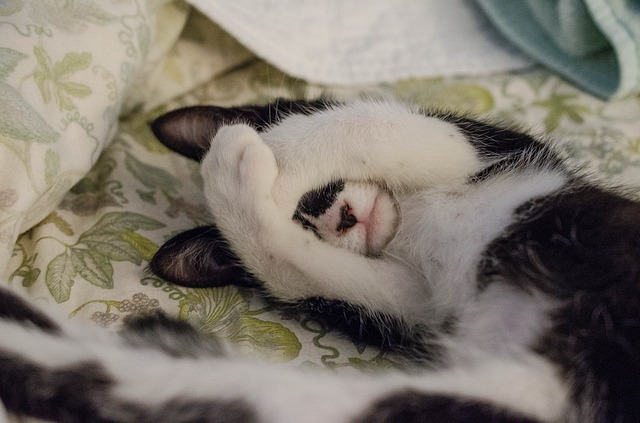Tips for Pets with Fireworks Anxiety
AUSTIN—While pets may enjoy a few table scraps from Fourth of July picnics, backyard parties and barbecues, some show signs of anxiety during the holiday’s main event. Pets who experience fireworks anxiety not only suffer from the mental effects of anxiety but also are at risk of running away, destructive behavior and even injuring themselves. To help pets cope with anxiety and ensure the celebratory night goes smoothly for everyone, the Texas Veterinary Medical Association (TVMA) is sharing a variety of treatment options with pet owners.
One treatment approach, which often resolves the symptoms quickly, is veterinary-recommended medication. Commercially available pheromone products often are effective as well. Adaptil, a synthetic analogue of a calming pheromone for dogs, can help calm dogs in a variety of situations, and it comes in various forms including diffusers, collars and sprays.
Pressure wraps like the Thundershirt or Anxiety Wrap and supplements, such as l-theanine, may help some pets. L-theanine has shown to be beneficial for pets with sensitivities to noises like thunderstorms. Veterinarians can determine whether supplements are appropriate for your pet.
It’s also important to provide safe spots for pets during fireworks and ensure they have free access to these areas. Some pets seek spaces like closets or quiet, small rooms. An interior, first-floor room or closet may be more insulated to the sounds and light flashes of fireworks. Some owners find a white noise machine beneficial to block subtle to moderate sounds, and others report that playing classical music calms their pets. These and other treatment approaches apply to cats as well, who can also suffer from firework anxiety.
Finally, modifying a pet’s behavior through training can change the way it responds to the sound of fireworks. While behavior modification programs for firework anxiety are not always easy to implement on one’s own, many qualified trainers and behavior consultants can help tailor a protocol specifically for each pet. For information on behavioral consultants, visit these websites: www.dacvb.org, www.avsabonline.org, www.ccpdt.org and www.corecaab.org.
“Planning ahead can greatly reduce your pet’s anxiety during fireworks,” said TVMA member Amanda Florsheim, DVM, CBCC-KA, who owns Veterinary Behavior Solutions in Dallas. “Our goals in treating firework anxiety are not only to reduce anxiety but also to provide an appropriate environment during fireworks and to modify your pet’s behavior through training.”
About the Texas Veterinary Medical Association
Founded in 1903, the Texas Veterinary Medical Association is a professional association composed of more than 3,700 veterinarians committed to protecting public health, promoting high educational, ethical and moral standards within the veterinary profession and educating the public about animal health and its relationship to human health. For more information, call 512/452-4224 or visit www.tvma.org.
Image Source: Pixabay

